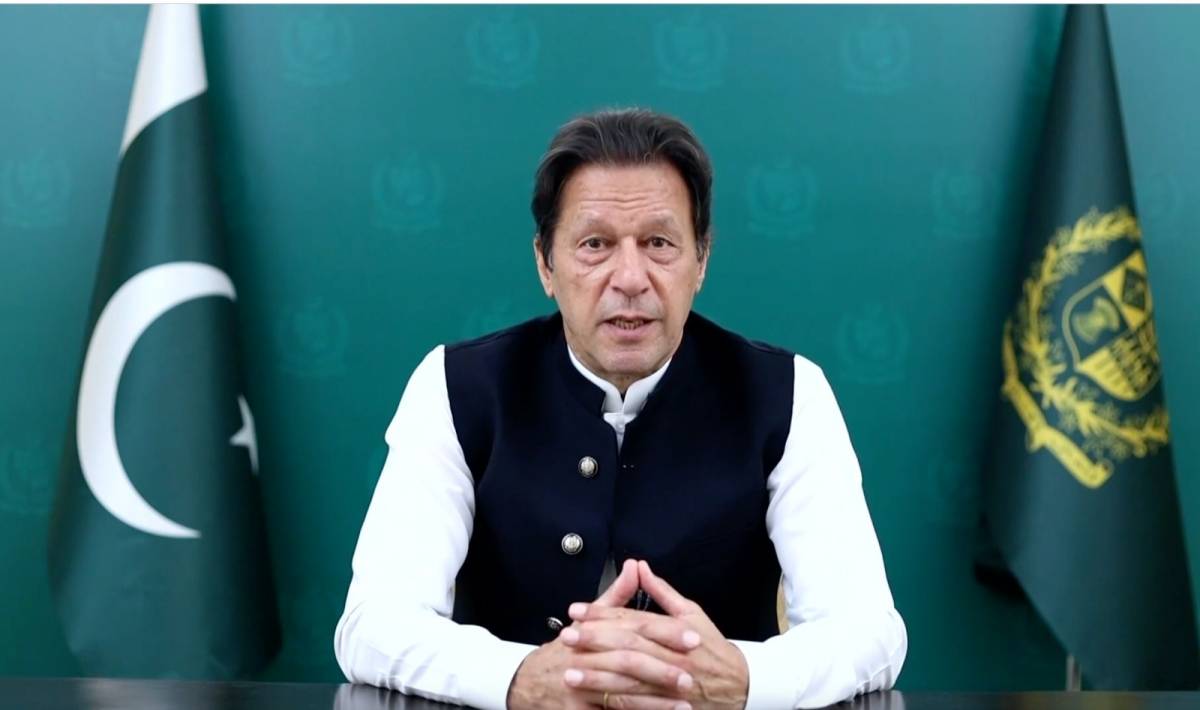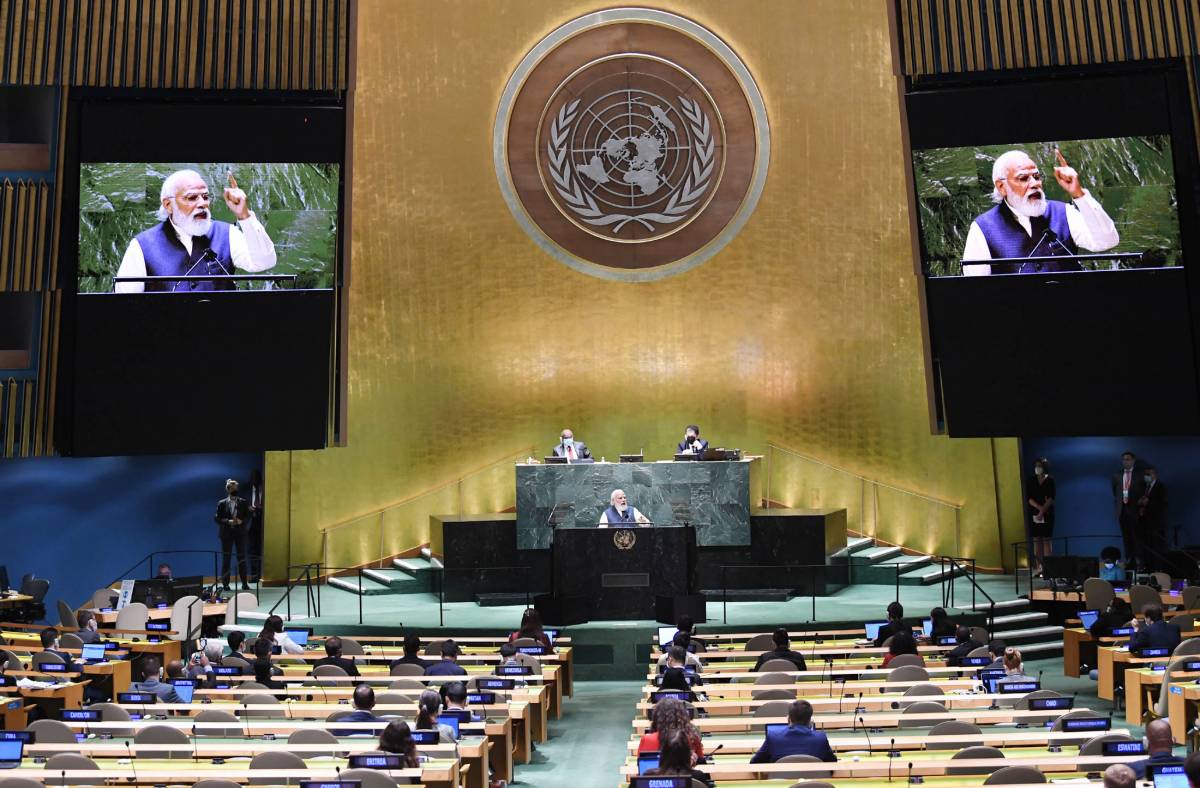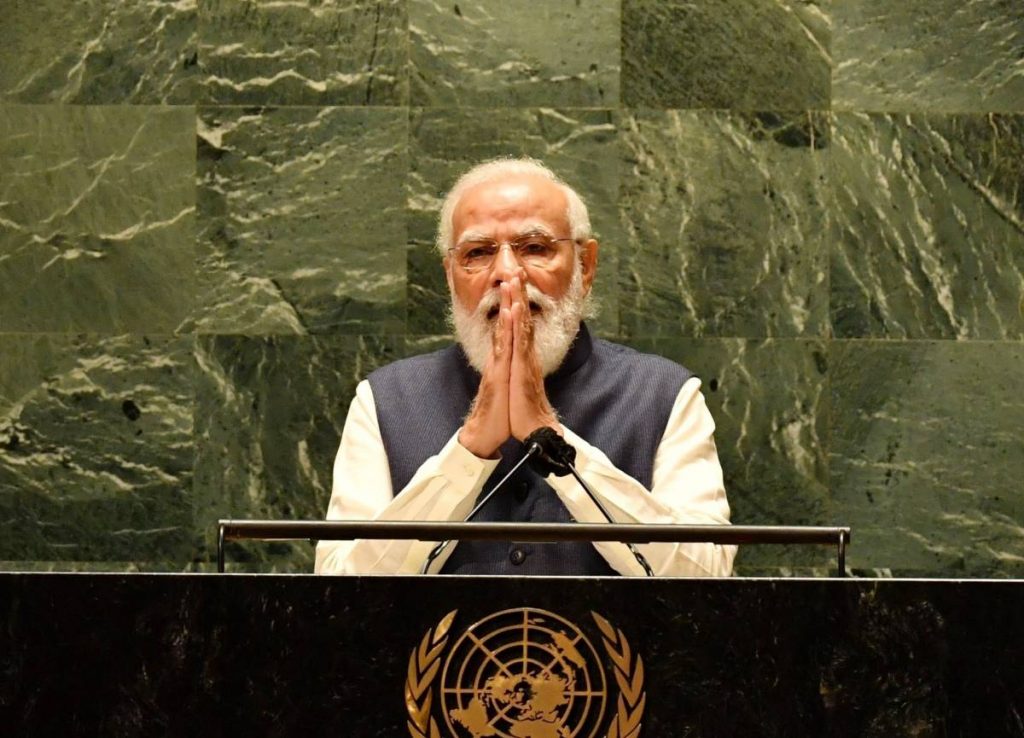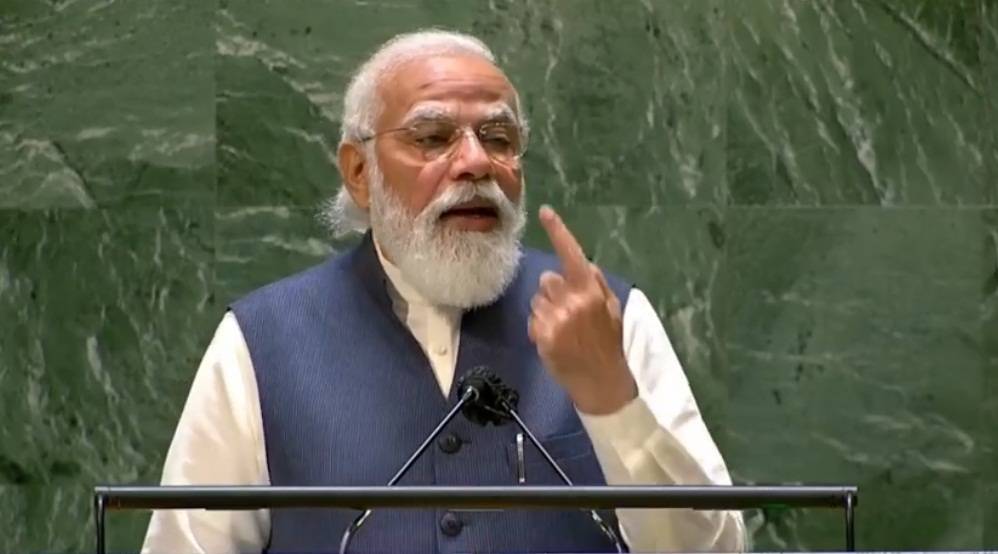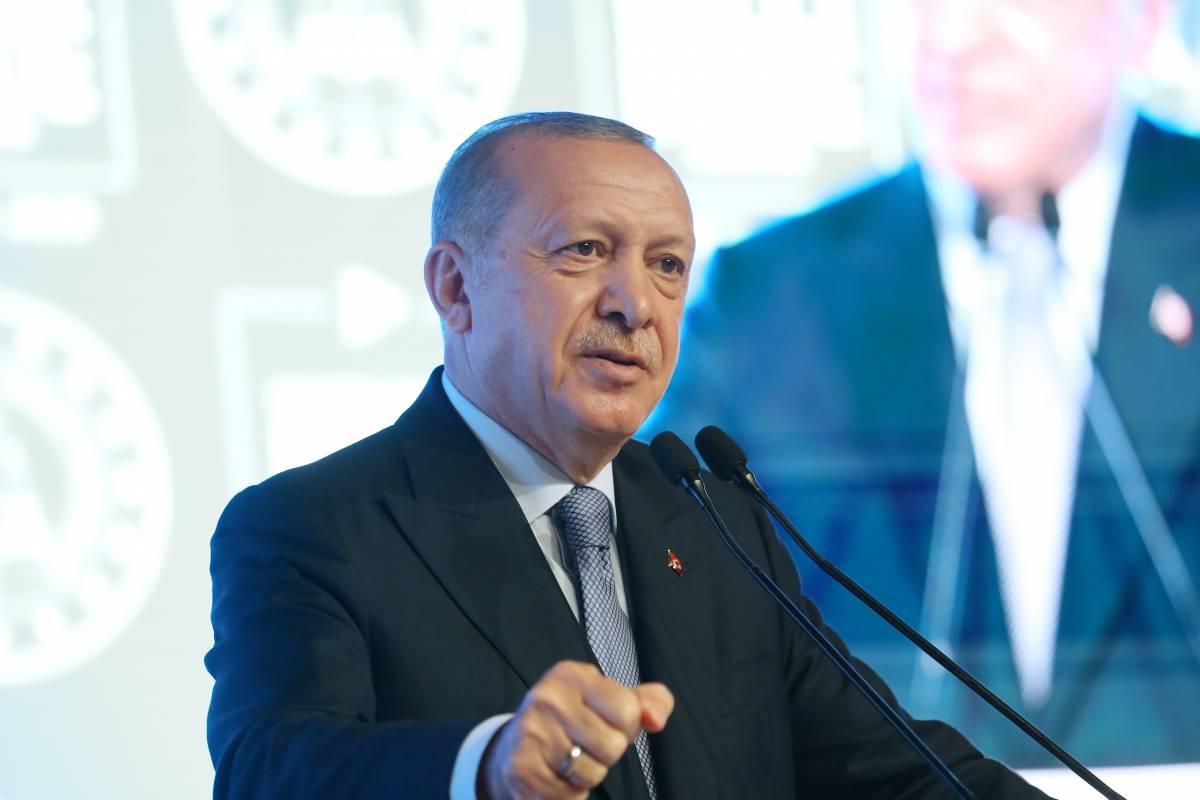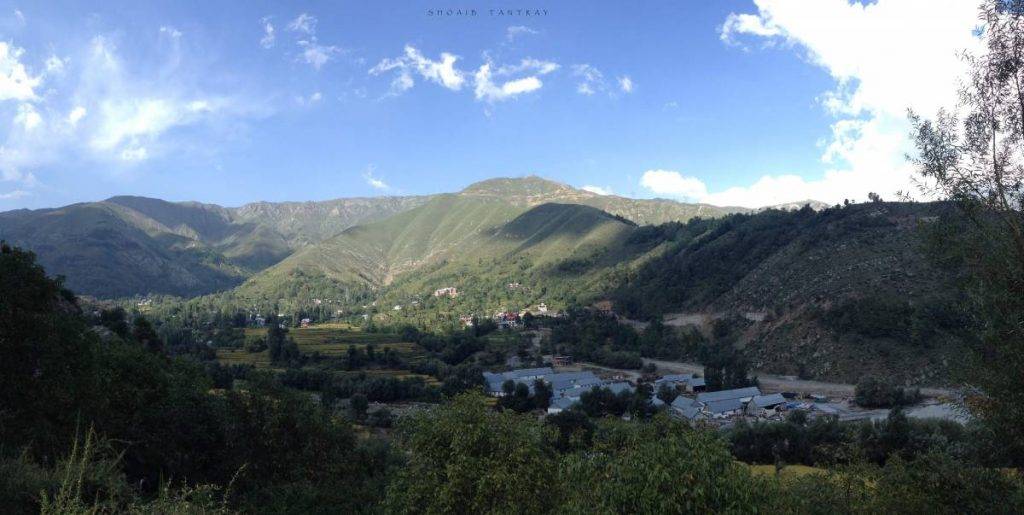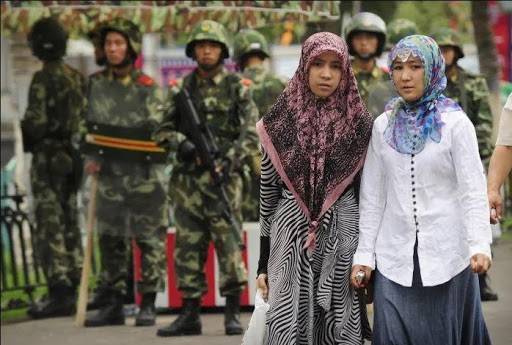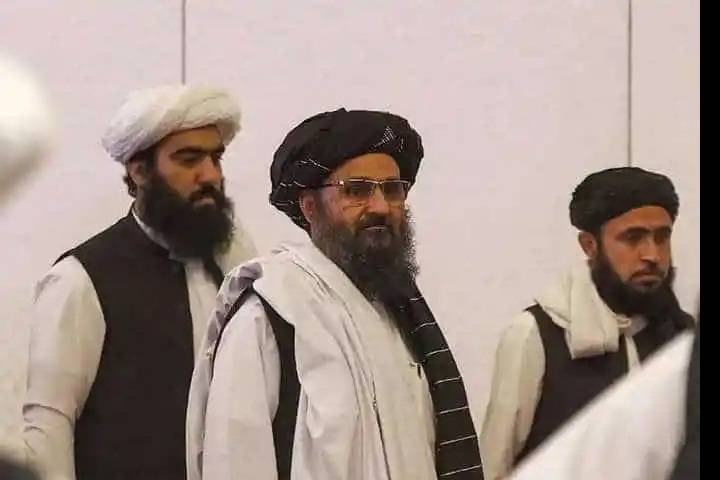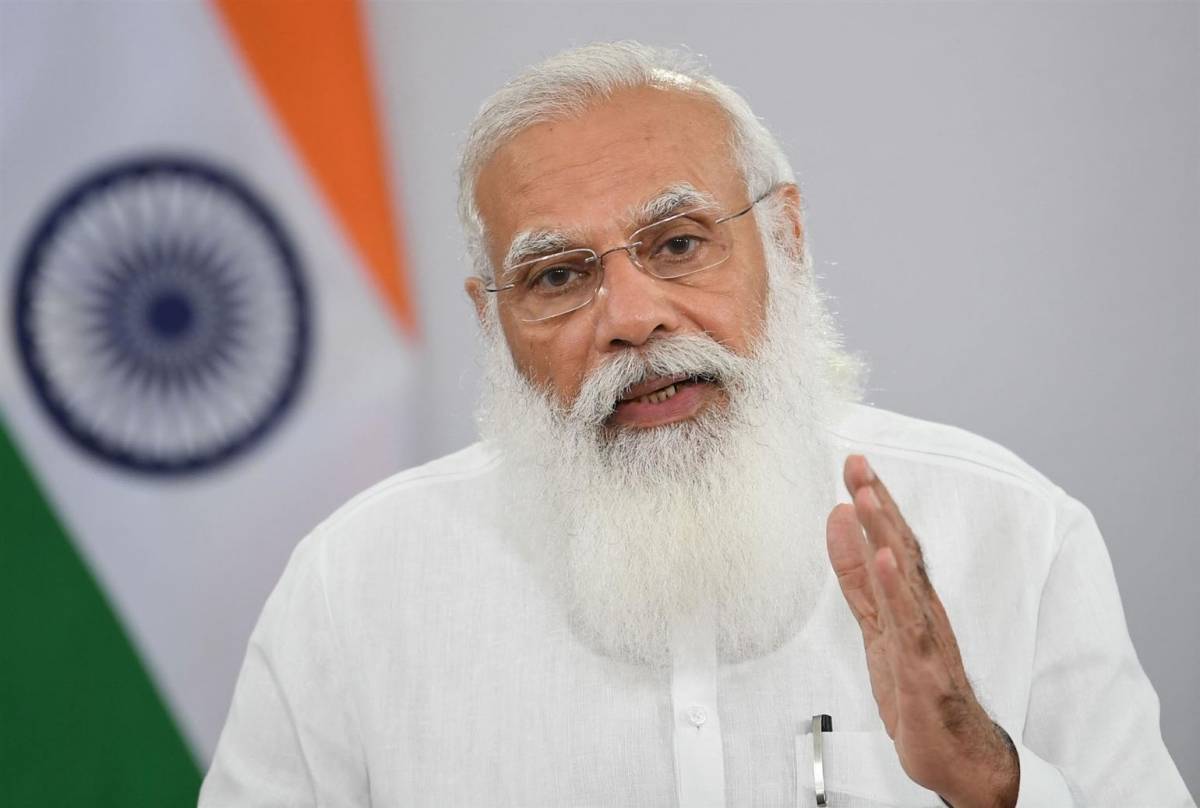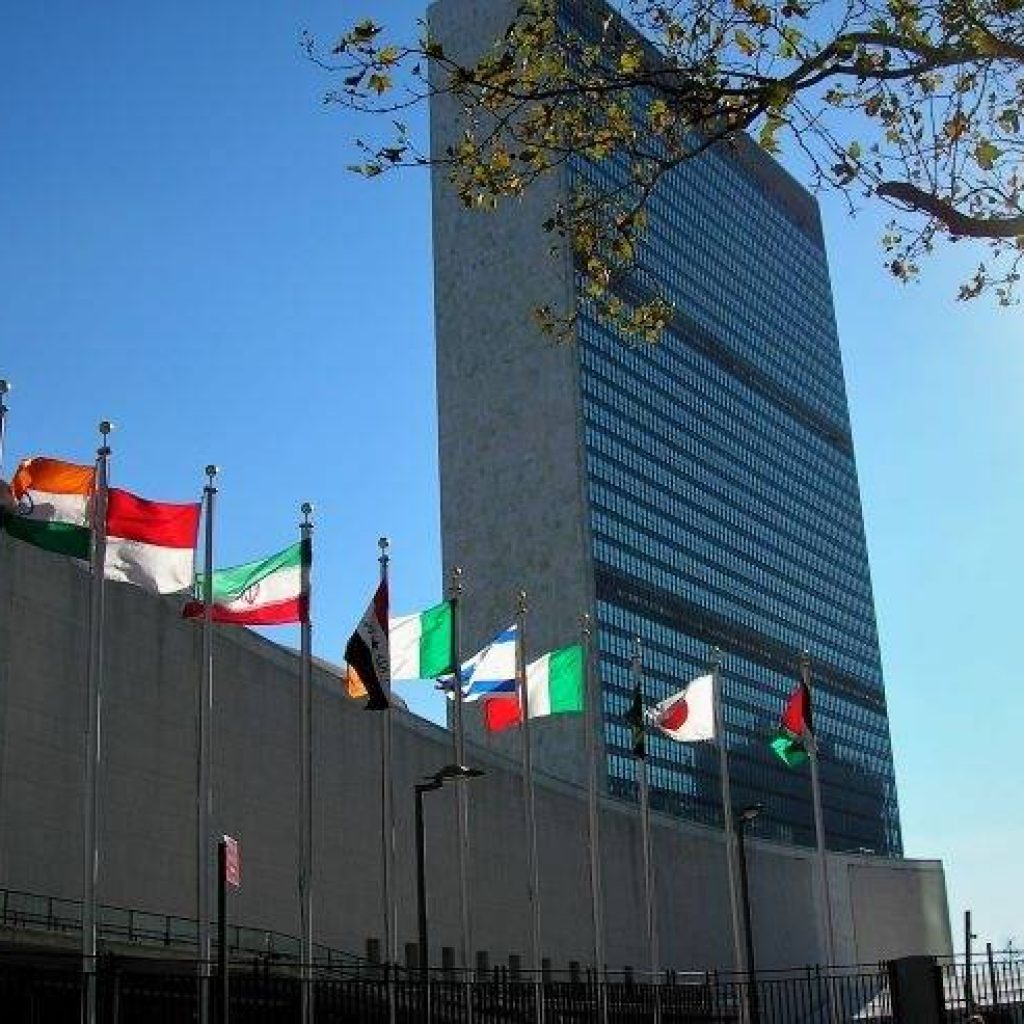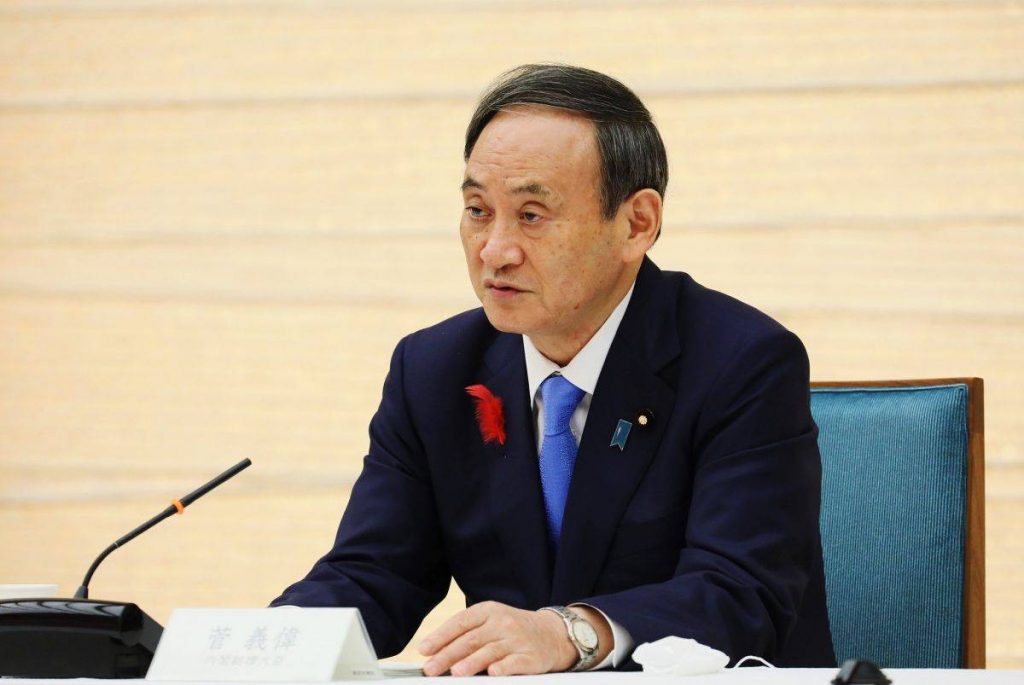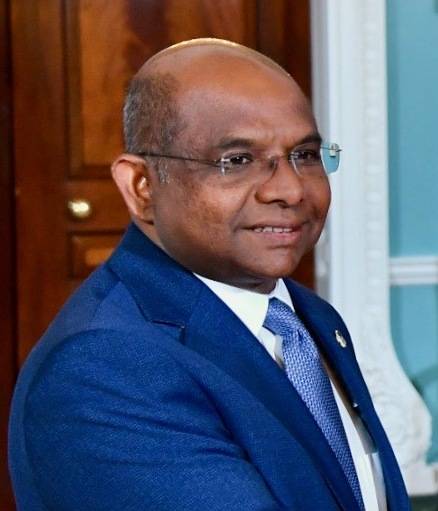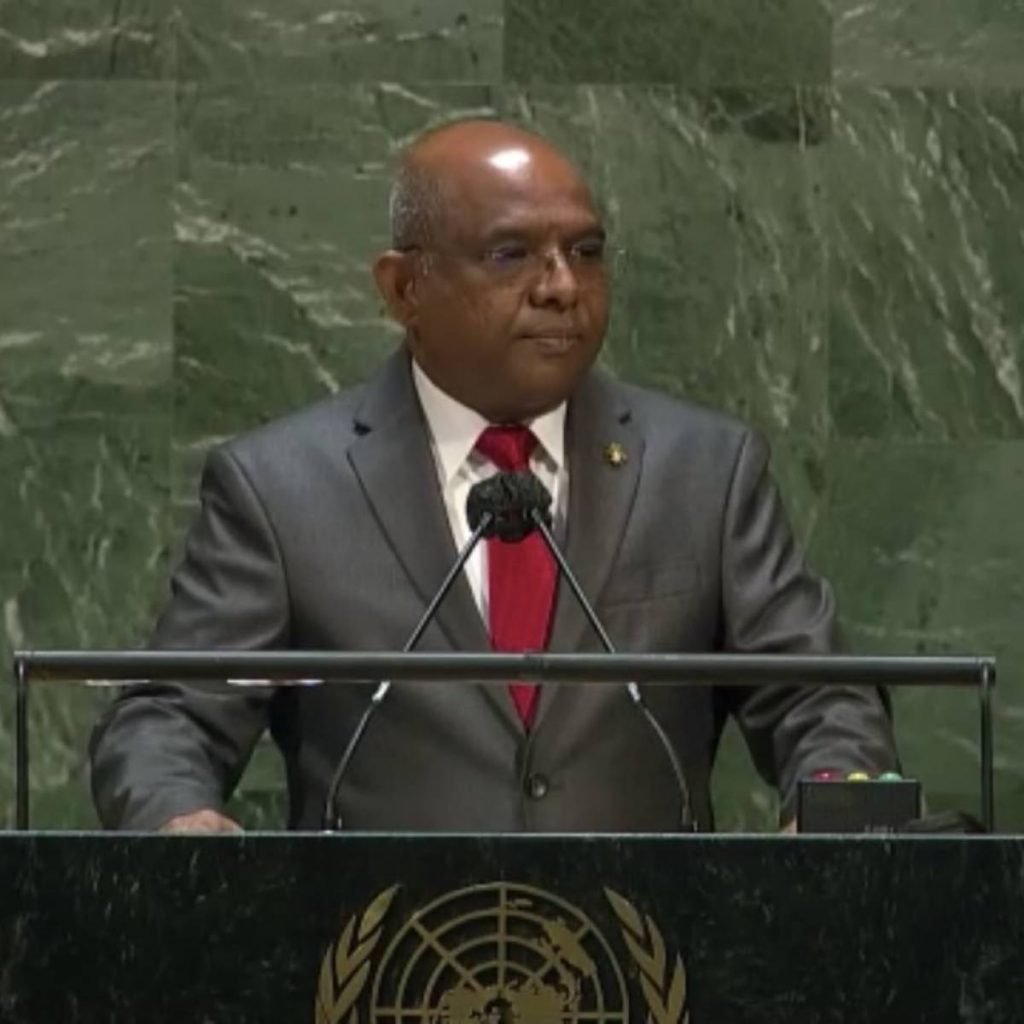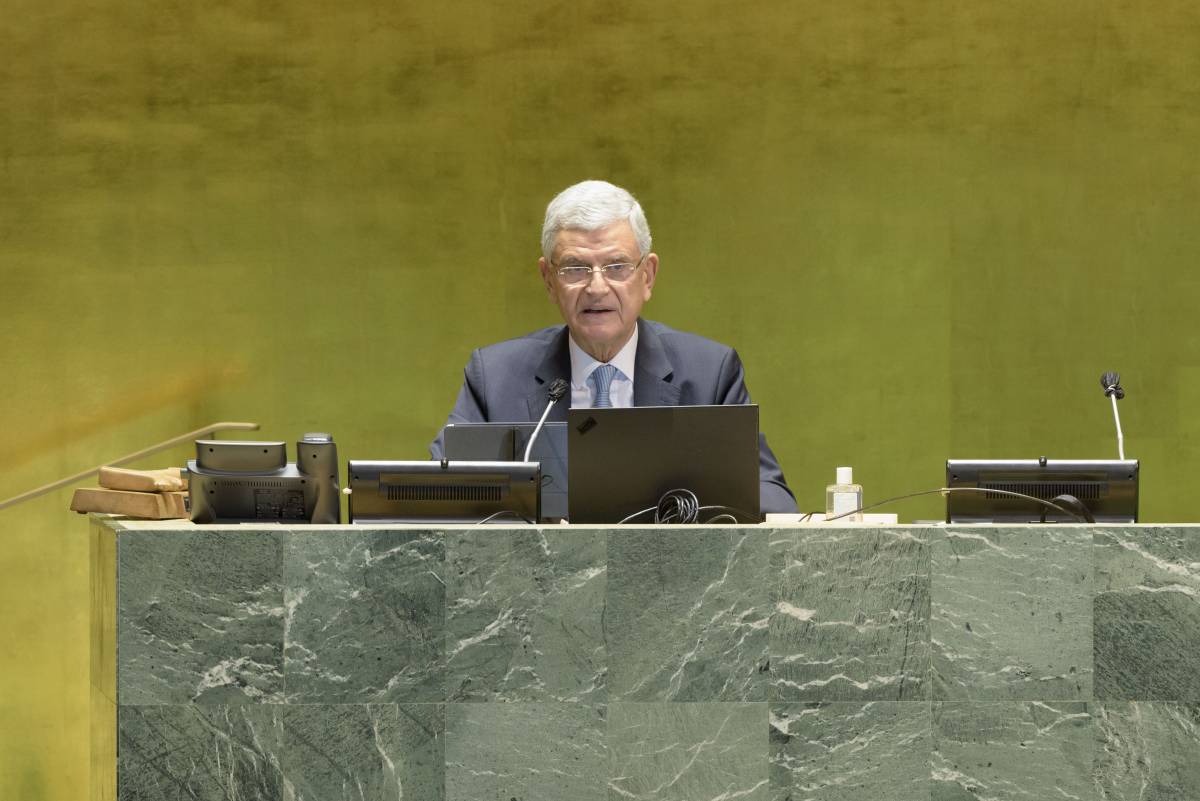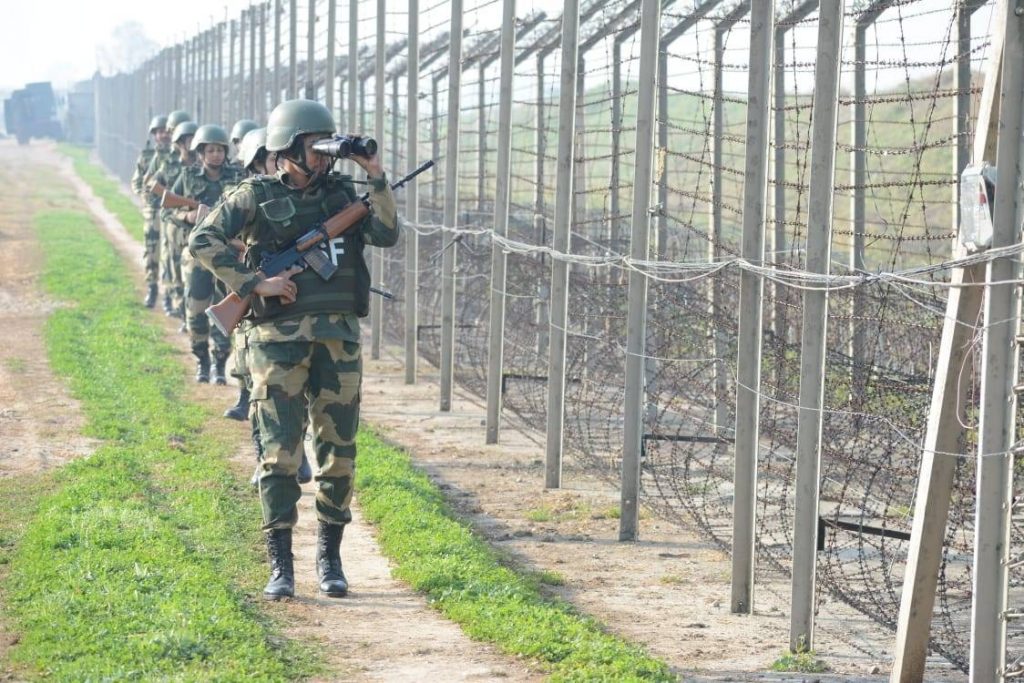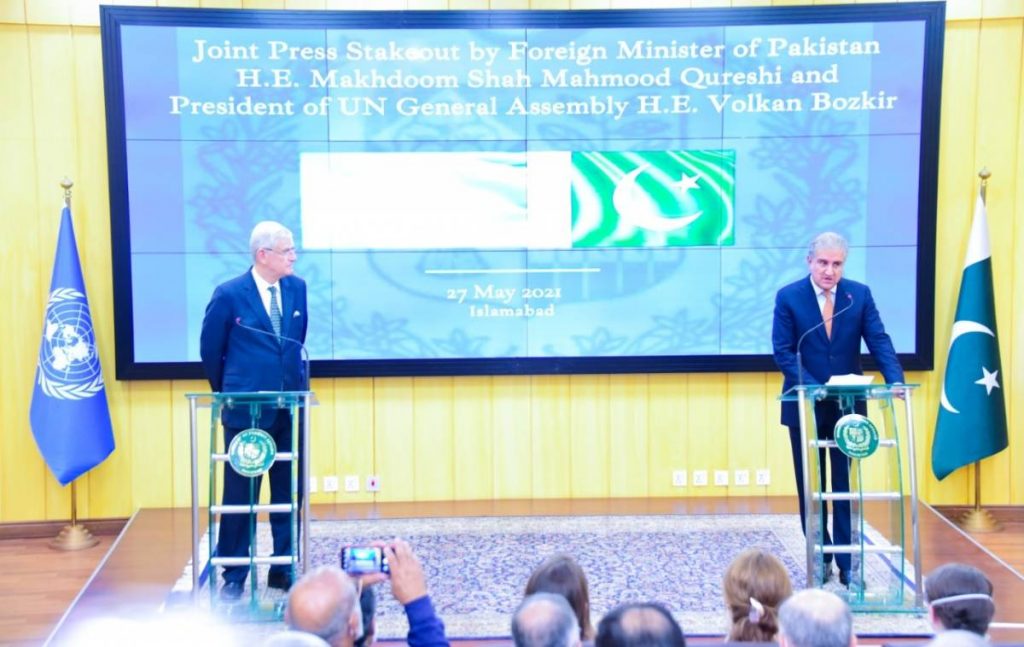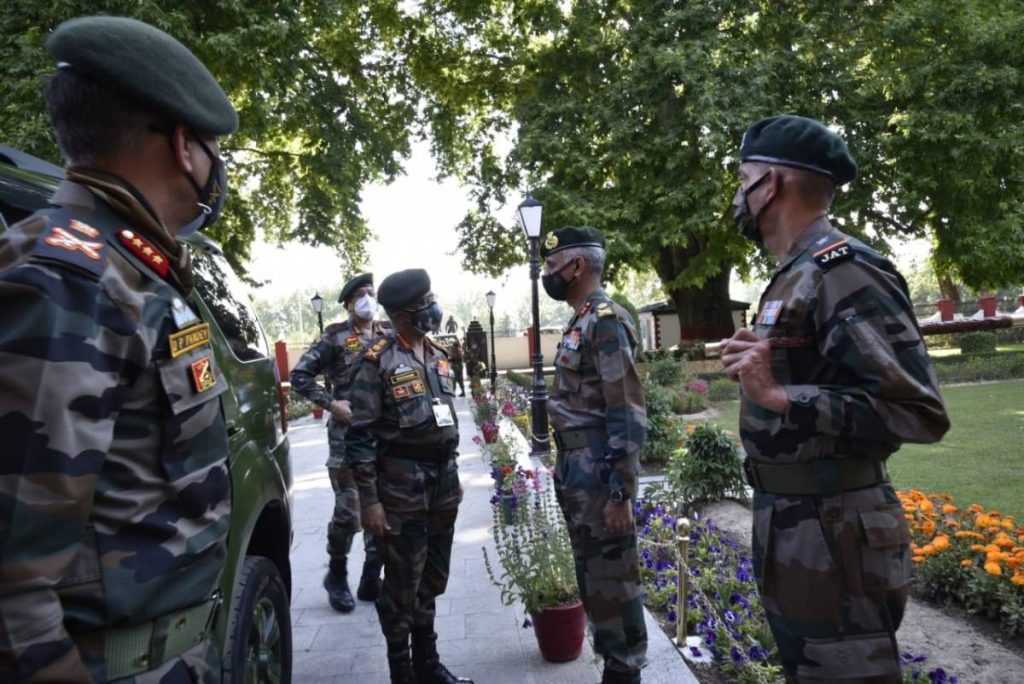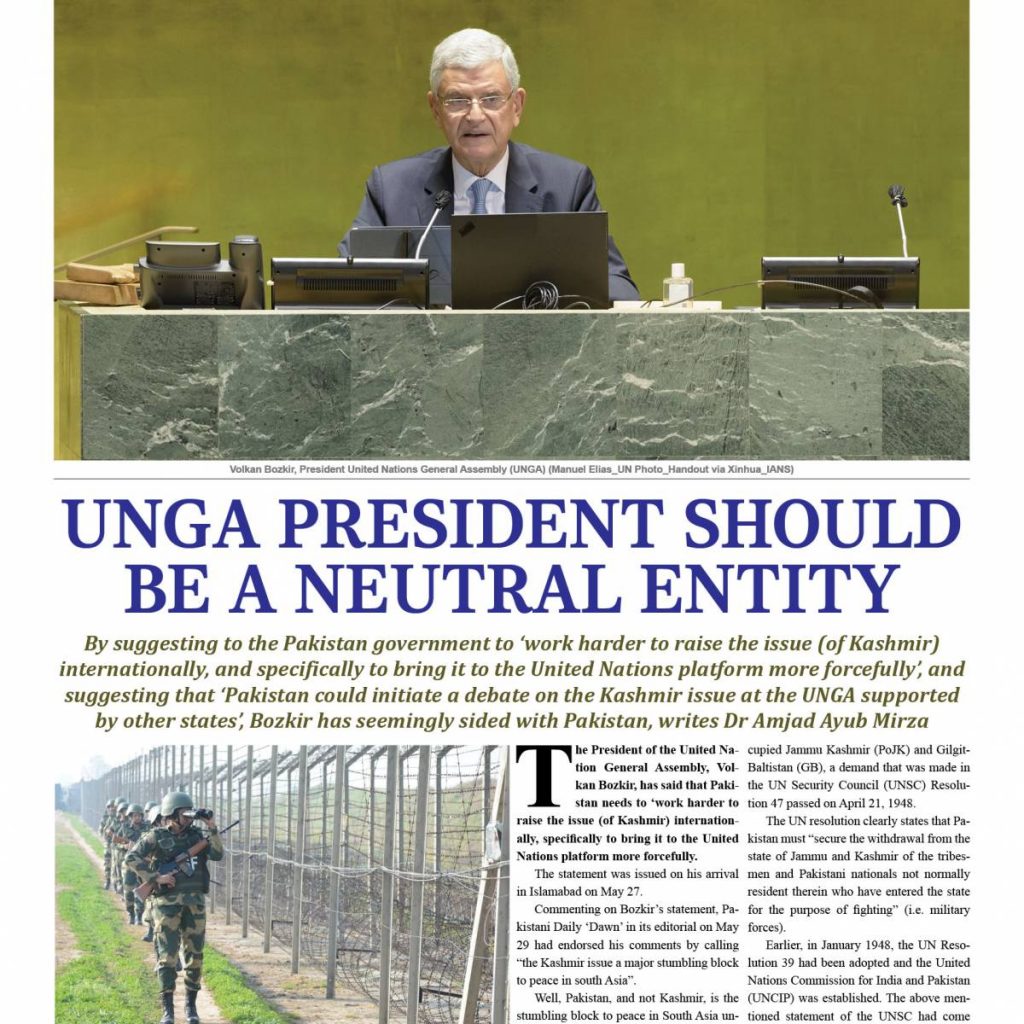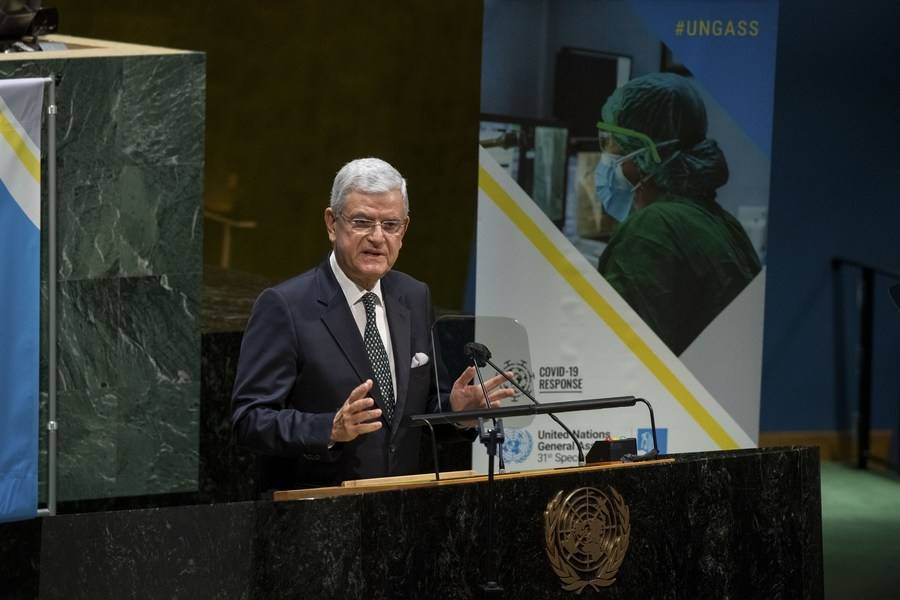Imran Khan dedicated significant time towards security issues and Kashmir….reports Asian Lite News
Pakistan Prime Minister Imran khans speech at the United Nations General Assembly (UNGA) drew the attention of a large number of Pakistanis, who feel that the UN platform should not just be used for sabre rattling with India and on security issues, but should also be used for issues critical to Pakistan, focusing on the countrys growth and progress.
Today Pakistan is in a difficult situation economically and there is growing frustration across the country on the utter lack of employment and the high levels of inflation. There are serious problems of electricity, water and gas supplies in the country and political parties have been rearing to clash with the government on these issues.
Some of the core issues on which Imran Khan could have focused are sustainable development, climate change, the impact of the Covid pandemic and how the country needs support and assistance to pull out of the present state of economic deprivation and socio-political morass, among other issues.
Instead, Imran Khan dedicated significant time towards security issues and Kashmir.
On Afghanistan, his mention of how the US compelled Pakistan to tackle the Mujahideen during the Soviet invasion and then again post 9/11, drew criticism from different quarters in Pakistan.
In his excitement, Imran khan mentioned that Pakistan had to work with the Mujahideen and a number of other groups, “including the Al Qaeda”, thereby officially confirming Pakistani role in sustaining the Al Qaeda and other such entities.
He even mentioned that the Mujahideen were invited to the White House during the Presidency of Ronald Reagan. He went onto mention that the Mujahideen were considered “heroes”.
He spoke at length on how poor nations suffered as the rich nations failed to bring in trillions of amount stashed in the tax havens at the cost of suffering of the poorer nations.
The long rhetoric on this issue would have certainly made the Americans smirk, as they are privy to how adept Pakistan has been in diverting huge funds that the US catered for development work and also as part of defence cooperation to Pakistan.
According to some US estimates, as much as 50 per cent of the total amount provided under different heads often went to different sources associated with Pakistan’s agenda of sustaining various militant groups and terror entities.
While the Americans knew of this siphoning off exercise, they realised that this was part of a give and take arrangement where the Pakistanis would prefer them to look away on their spending and instead focus on Pakistani support to their military operations in Afghanistan.
Pakistan has always used the tribal belts for breeding terror groups and encouraged growth of numerous radical Islamic entities which have morphed into larger entities, at times even targeting the Pakistan Army.
As a civilised nation with a strong and powerful military, a fact that Imran Khan reiterated during his speech, Pakistan should have prevented such localised activities by radical entities in the tribal areas.
In fact, during the speech, he admitted that once these terror entities turned against Pakistan post 9/11, hitting out at soft and hard targets, the Pakistan Army was compelled to move into the tribal areas “where they had never ventured in the past”.
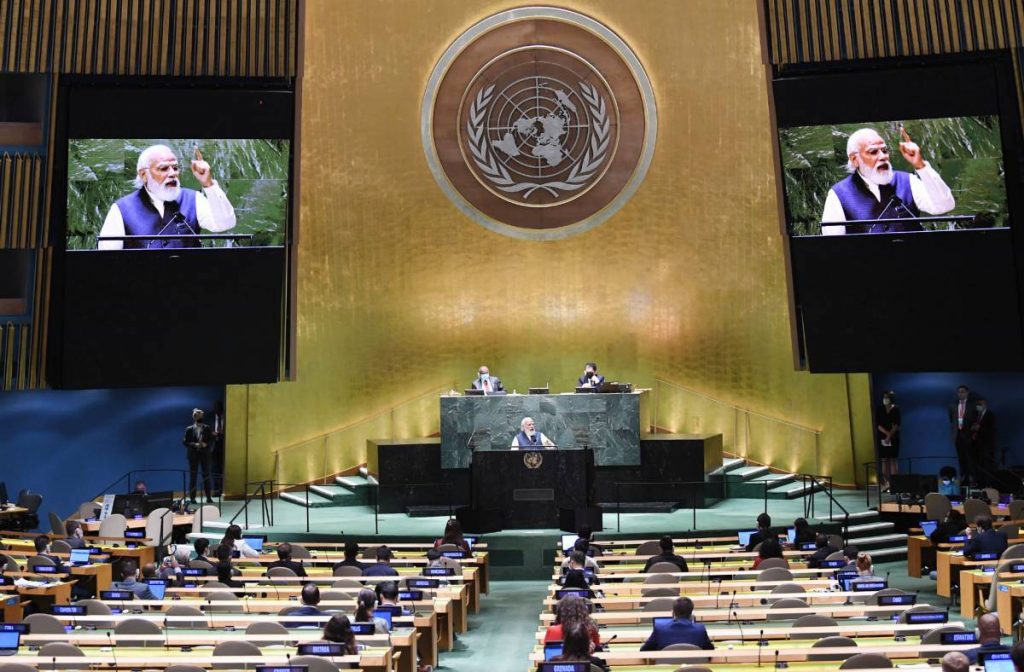
This latter statement by Imran khan comes as a surprise and lends credence to the fact that the Pakistani state and the Army never bothered to secure an area which has historically been known to be hotbed of criminal and terror related activities.
It was an intentional and planned strategy to let these groups mushroom in this “safe sanctuary” catered by the Pakistani state.
On the Kashmir issue and specifically on Syed Ali Shah Geelani, Imran Khan dedicated significant time and energy ranting out the traditional lines which the UNGA is used to listening.
A copy-paste version of previous UNGA speeches by heads of past Pakistani delegations, the script on Kashmir had nothing new. Moreover, committing so much of this precious time slot to highlight the Geelani episode instead of a host of other relevant issues affecting his country goes to show that ‘Kashmir and Geelani’ were more of a diversionary tactics drawing away public attention from Pakistan’s internal problems.
Geelani was the favourite of Pakistan as he pursued the maximalist and hardline agenda, which included merger of Kashmir with Pakistan. He had also encouraged violence as part of his political charter. However, that said, speaking at length at the UNGA on Geelani was not appreciated by Pakistanis all across.
Imran Khan’s mention of how the US had left Pakistan high and dry also does not hold much credibility as the US took some time to realise that they cannot carry on with the duplicitous game of Pakistan and be part of an endless marathon which tends to benefit Pakistan at the cost of American lives.

There is firm belief in the American establishment that the situation Pakistan faces today is a result of its own creation. The US also realises that Pakistan today finds itself in a tight spot and knows very well that handling Afghanistan on its own is going to be an impossible task and hence they have been building the narrative of Afghanistan once again becoming a haven for terrorist activities, if not bailed out by the international community.
Some US analysts feel that Pakistan maintains significant control over the Taliban and should be given the responsibility of managing the government in Afghanistan and face the resultant consequences as well.
There is a feeling among such experts that the constant US hand holding of Pakistan and not questioning their linkages with terror entities has led to an “irresponsible” Pakistan. They thus feel it is about time Pakistan should learn to be “responsible”.
In spite of the pleading by Imran Khan at the UNGA, the western world is bound to support, aid and assist Afghanistan only if the Taliban strive for an inclusive government, remain diligent on human rights and ensure transparency in their functioning.
Imran khan reiterated these elements as part of the deal with the Taliban. The world is going to closely watch the Taliban’s commitment towards these issues and only after a thorough time-tested vetting would the western countries extend support to the Taliban government.
Till such time, Pakistan would have to bear the responsibility of sustaining the Taliban government and mentor it to become acceptable in the civilised global community.

